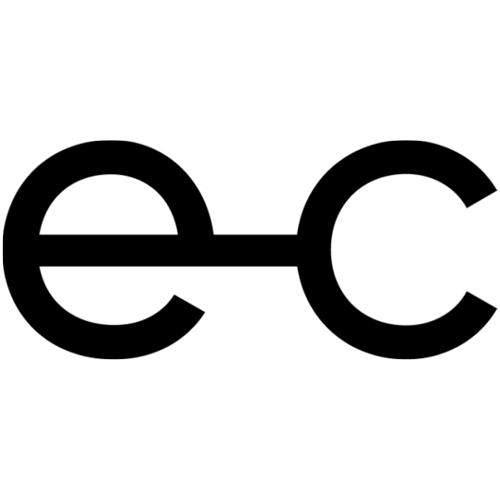Hyperopia (Long sightedness)
What are the causes of hyperopia?
Hyperopia, or long sightedness is a condition that allows you to see distant objects clearly, but objects that are closer in sight appear unclear or blurry. Hyperopia often occurs when the eyeball is smaller and shorter in depth than the average human eye.
This is also known as a refractive error, meaning the light that enters the eye doesn’t bend as it should in order to create a clear image. As light enters an eye with hyperopia, the light is focussed behind the retina rather than directly on to the retina. There are also other factors that may create this eye condition such as a cornea that is too flat and a lens that is not strong enough to help the light travel in the right direction.
Long sightedness can be experienced in different ways, some people may find everyday tasks such as reading, using their mobile phones, working on the computer as a real challenge without the use of spectacles or contact lenses. Other people may find their vision isn’t hugely affected, particularly those at a young age and have known no different. Hyperopia can affect people in all ages, including babies, children and adults.
What are the most common long sightedness symptoms?
There are a wide range of different long sightedness symptoms which can be experienced, the most common being blurred vision, the inability to see objects close up clearly. Many may find they need to squint in order for their vision to focus and become clearer.
Hyperopia can cause eye strain and headaches may also become a side effect, particularly after long periods of reading or writing. With hyperopia, a person may also have problems with conceiving the depth of certain things effectively, in severe cases, this can be a safety risk if left uncorrected.
What is the best way to correct long sightedness?
The goal for hyperopia correction is to help light focus directly on to the retina so the vision becomes clear. In order to achieve this, the best options available are prescription glasses.
What happens if hyperopia is left uncorrected?
Many people can live with hyperopia with no serious complications if left uncorrected. However it can make day to day life activities far easier when the right lenses or glasses are prescribed.
